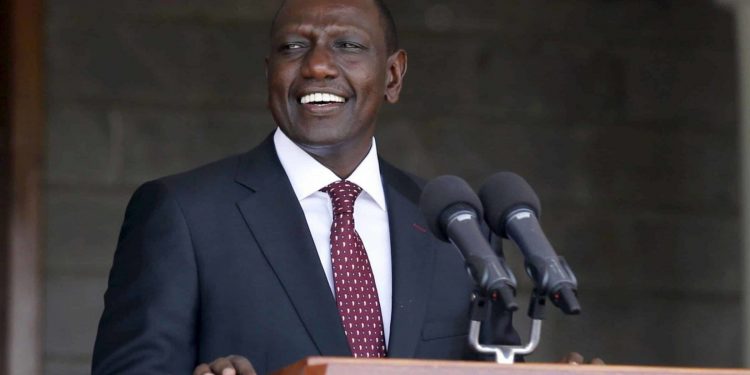In the realm of African democracies, Kenya has carved out a distinctive place for itself through its robust electoral system. The nation’s electoral journey is marked by a commitment to transparency, inclusivity, and fairness.
As a beacon of democracy on the continent, Kenya’s electoral system offers valuable lessons and insights for emerging democracies around the world.
Credible Electoral System Emerging from Africa
Kenya’s electoral system is emerging as credible example from Africa. It consists of multi-tiered, encompassing national, county, and local levels. At the national level, the most prominent elections are for the President, Members of Parliament (MPs), and Senators.
The country is divided into 47 counties, each with its own governor, senator, and county assembly members.
Additionally, there are elections for ward representatives, women representatives, and special interest group members, ensuring a comprehensive representation of the populace.
- The Independent Electoral and Boundaries Commission (IEBC): The cornerstone of Kenya’s electoral system is the Independent Electoral and Boundaries Commission (IEBC). This independent body is tasked with organizing and overseeing all aspects of elections in the country.
The IEBC’s primary responsibilities include voter registration, candidate nomination, electoral preparation, conducting elections, and announcing results.
One of the significant achievements of the IEBC is the introduction of biometric voter registration and electronic voting systems.
ADVERTISEMENTThese innovations have not only streamlined the electoral process but have also significantly reduced the likelihood of fraud and manipulation. The use of technology in the electoral process has bolstered transparency and trust in Kenya’s elections.
- The Devolution of Power: A noteworthy feature of Kenya’s electoral system is the devolution of power to the county level. The 2010 Kenyan Constitution brought about this significant change, creating a two-tier government structure: national and county.
County governments have substantial autonomy, with their own elected officials and legislative assemblies. This devolution of power has enabled local communities to have a say in their governance, enhancing democracy at the grassroots level.
- Electoral Petitions: Kenya’s unbeatable rule of law owes much to the decisive actions of its Electoral Petition Tribunal. The tribunal plays a pivotal role in addressing electoral disputes, ensuring that justice prevails and that the will of the people is upheld.
Notably, the 2013 and 2017 presidential election petitions marked significant milestones in Kenya’s democratic journey.
In 2013, Kenya’s Supreme Court, acting as the Electoral Petition Tribunal, made a historic decision to nullify the presidential election results. This groundbreaking ruling demonstrated the judiciary’s independence and its commitment to the rule of law.
Subsequently, in the 2017 election petitions, the judiciary continued to assert its impartiality. The decision to annul the presidential election results once again underscored Kenya’s unwavering commitment to upholding democratic principles, even when faced with significant political pressures.
Most notably, recently in 2022 William Ruto defeated Raila Odinga even without the support of the then President Uhuru Kenyatta. He defeated him both at the poll and at before the electoral tribunal.
Challenges and Ongoing Reforms
While Kenya’s electoral system has made significant progress, it is not without challenges. Instances of electoral violence, voter manipulation, and disputes over election results have occurred in the past.
However, these challenges have spurred the nation to embark on a path of continuous reform and improvement.
The Building Bridges Initiative (BBI) and other constitutional amendments aim to address some of these challenges by enhancing inclusivity, reducing winner-takes-all dynamics, and ensuring that electoral disputes are swiftly resolved.
Kenya’s willingness to confront these issues head-on reflects its commitment to refining its electoral system continually.
Kenya’s electoral system stands as a remarkable testament to the nation’s dedication to democratic principles.
Through a multi-tiered structure, an independent electoral commission, and the devolution of power, Kenya has created a robust electoral framework.
Challenges have not deterred Kenya; instead, they have fuelled a commitment to ongoing reform and progress.
As Kenya’s electoral system continues to evolve, it serves as a beacon of democracy in Africa and an inspiration for emerging democracies worldwide.
For any enquiries please, email our editorial team at [email protected]. If you liked this story, kindly sign up for Clariform Newsletter, a handpicked selection of stories that helps you clarify things that matter and gives you clear signals about your world, delivered directly to your inbox.
Please subscribe to our YouTube channel, and join thousands of Clariform on Facebook, Twitter and Instagram.












